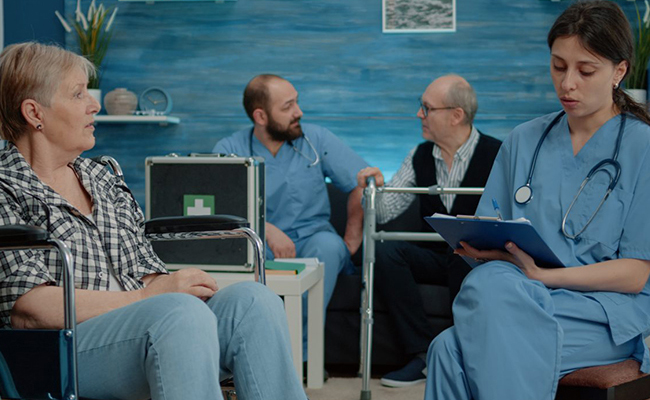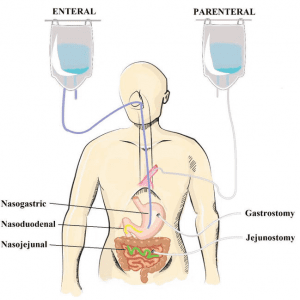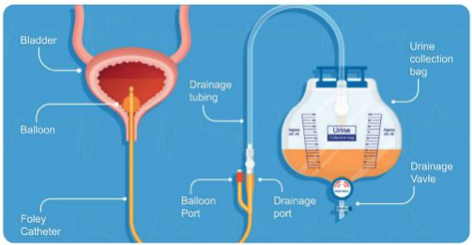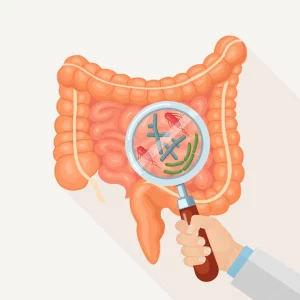Our NDIS Community Nursing Care Services Provider in Perth
Hello CaptainK is an independent NDIS Community Nursing and Disability service Provider across Perth and regional areas York & Northam, WA. We provide a range of nursing services to suit your situation and needs. We have nurses experienced across a wide range of aged care, community nursing and hospital nursing in delivering the support to cater your unique disability requirements.
We provide the following NDIS Nursing Services :
- Wound Care and Dressings
- Continence Assessments (Adults and children>2yrs)
- Medication Management (Oral and HRMs-Insulin, Clexane)
- Enteral Feeding
- Catheter care (IDC, IMC, SPC)
- Bowel care
Other General nursing care – including assisting with chronic conditions

About Our NDIS Community Nursing Care Services
WOUND CARE SERVICE
- We are Committed to wound care.
- We use evidence-based care to promote healing.
- We provide assessment on acute and chronic complex wounds that are not healing including :
- pressure injuries
- lower limb ulcers
- palliative wounds
- slow to heal wounds
- We review the best products for care with representatives.
- We provide wound management plan.

3. MEDICATION MANAGEMENT SERVICE
- Medication safety is part of National Safety and Quality Health Service standards (NSQHS) second edition in Australia.
- We follow the best practice of safe medication administration as per NSQHS standards on medication safety. There is no standard list of high-risk medications in Australia, and they may vary between hospitals and other health care settings.
- 8% of Australians >65yrs and over receive residential aged care each year and take up to 9 or more medications regularly.
- Risks of medication administration and adverse drug reactions always remain high.
An ‘S’ for ‘systems’ has been added to include other evidence-based practices known to improve safety such as independent double-checks and safe administration of liquid medicines by using oral dispensing syringes.
| Antimicrobials |
Aminoglycosides: gentamicin, tobramycin, and amikacin vancomycin
amphotericin – liposomal formulation
|
| Potassium and other electrolytes |
Injections of concentrated electrolytes: potassium, magnesium, calcium, hypertonic sodium chloride
|
| Insulin |
All insulins
|
| Narcotics (opioids) and other sedatives |
hydromorphone, oxycodone, morphine, fentanyl, alfentanil, remifentanil and analgesic patches
Benzodiazepines: diazepam, midazolam thiopentone, propofol and other short-term anaesthetics
|
| Chemotherapeutic agents |
vincristine, methotrexate, etoposide, azathioprine
Oral chemotherapy
|
| Heparin and other anticoagulants |
Heparin and low molecular weight heparins (LMWH): dalteparin, enoxaparin
Warfarin
Direct oral anticoagulants (DOACs): dabigatran, rivaroxaban, apixaban
|
| Systems |
Medication safety systems such as independent double checks, safe administration of liquid medications, standardised order sets and medication charts etc
|

4. Enteral Feeding Service
- Enteral feeding is also known as tube feeding. It’s a way of delivering nutrition directly to your mouth, oesophagus, stomach and/ small intestine.
- Enteral feeding may become necessary when you can’t eat enough calories to meet your nutrition needs or if you physically can’t eat due to various conditions leading to malnourishment, weight loss and very serious health issues.
Some of the conditions that can contribute to enteral feeding are:
- Cancers (neck, throat, stomach, intestine)
- Stroke and paralysis
- Other Neurological and muscular disorders like MS, Cerebral Palsy etc.
- Critical injury to vital organs.
- GI dysfunctions like Crohn’s disease, ulcerative colitis, bowel obstruction
Types of Enteral feeding include:
- Nasogastric tube (NGT) starts in the nose and ends in the stomach.
- Nasoenteric tube starts in the nose and ends in the intestines (subtypes include nasojejunal and nasoduodenal tubes e.g NJT).
- Oroenteric tube starts in the mouth and ends in the intestines.
- Gastrostomy tube is placed through the skin of the abdomen straight to the stomach (subtypes include PEG, PRG, and button tubes).
- Jejunostomy tube is placed through the skin of the abdomen straight into the intestines (subtypes include PEJ and PRJ tubes).
We help you in the management of Enteral feeding.
We provide you/ carers education about complications, troubleshooting, infections, and skin care.

5. Catheter Care (SPC, IMC, IDC) Service
- If you have SPC (suprapubic) or IDC (indwelling) catheter, we will take care of its care and management.
- IMC is usually managed by yourself. We can give you education and training on do’s and don’ts with the catheter to avoid any infections like UTI’s.
- It is important to clean and care for your catheter to prevent any infections spread or complications such as blockage.

6. Bowel Care Service
About 1 in every 20 people have poor bowel control and it can occur at any age but is more common as you get older. Many people with poor bowel control also have poor bladder control and wet themselves.
Causes of poor bowel control :
- Weak pelvic floor muscles
- Diarrhoea and bowel urgency
- Constipation
- Pregnancy
We provide you with complex bowel care through our expert nursing team to help you understand how to manage your complex bowel issues like diarrhoea, constipation, or faecal incontinence.
We help manage your stoma and skin care.
We provide you with ongoing bowel management plans.

Why choose our Nursing Service?
- We provide person centred approach to all participants including CALD (culturally and linguistically diverse) communities by utilising TIS interpreter services to non-English speaking participants to help us understand their needs better.
- We are experienced- Our nurses have experience working across aged care, hospital, and community nursing areas.
- We have Immediate availability without any waitlist.
- We offer nursing service to all Perth metro areas specifically within NDIS range of 30min travel for ongoing nursing support based on participants NDIS funding. Please feel free to contact us to find out more about covering out of range areas for specific once off assessments e.g., continence assessments.
- We work flexibly and provide support afterhours/over weekends if required by participant based on their unique needs and NDIS plan budget.

